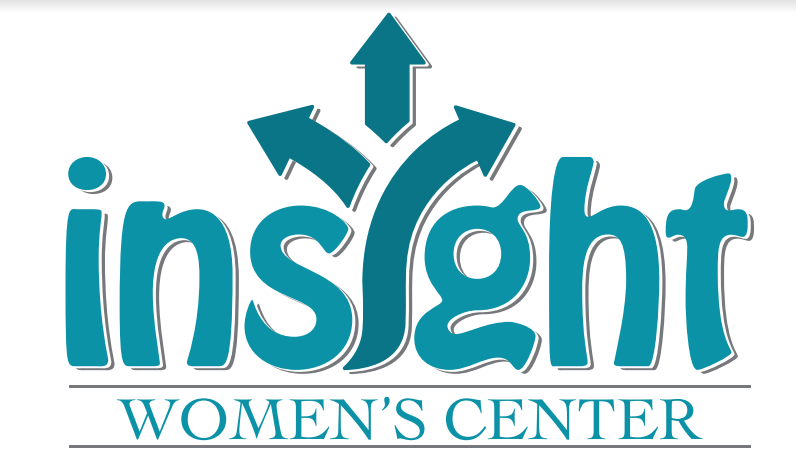
CBD, THC, Marijuana: Risk v. Benefit in Pregnancy & Beyond
Perhaps you’ve heard the recent news about American sprinter Sha’Carri Richardson initially qualifying for the Tokyo Olympics, then soon afterward testing positive for THC and deemed ineligible to compete. Richardson admitted that she had used marijuana as a coping mechanism after the death of a family member. She also admitted to (and apologized for) knowingly defying the rules for an Olympic athlete. Though recreational marijuana use is legal in Oregon (where she had consumed it), she knew the potential risk it could pose as an Olympic frontrunner in her sport. In the end, the long-term consequences of being disqualified likely outweighed the short-term coping benefit.
Although Richardson’s story is unfortunate, it offers an opportunity to consider this idea of the risk versus benefit of marijuana usage and cannabis consumption. If you are pregnant or breastfeeding, the risk versus benefit for you and your baby is even more significant than an Olympian going for the gold!
Did you know that approximately 1 in 20 women in the United States reports using marijuana while pregnant? Did you also know that the FDA strongly advises that you avoid using CBD, THC, or marijuana in any form while pregnant or breastfeeding? In addition, the U.S. Surgeon General recently advised consumers that marijuana use during pregnancy may affect fetal brain development and may contribute to low birth weight, premature birth, and stillbirth.
Marijuana is not legal in Kansas, but you may have noticed cannabidiol (CBD) is widely available and marketed as a variety of products from dietary supplements to bath bombs, candles, and caramels. Many people think of CBD as a more natural way to manage and treat various health symptoms, from chronic pain to anxiety. In pregnancy, it’s often touted as a remedy for nausea. While the FDA is “working to answer questions about the science, safety, and quality of products containing cannabis and cannabis-derived compounds,” most CBD products are marketed with “unproven medical claims and are of unknown quality.” In pregnancy and with breastfeeding, the potentially severe risks likely outweigh the questionable benefits.
In a recent study published in the journal of Clinical Epigenetics, University of Minnesota researchers discovered that “adult animals who were exposed to CBD in the womb and during early life showed long-lasting changes to their cognitive (thinking) and affective (feeling) behavior, even after they had not been exposed to CBD for a long time.” “These initial findings encourage caution in regard to women using CBD during pregnancy and nursing—compounds like CBD and THC cross the placenta easily and are found in breastmilk,” says Christopher Faulk, Ph.D., assistant professor in functional genomics in the university’s animal science department.
If you are considering using cannabis, or any products containing THC or CBD, you should be aware that the effects of these products on the developing fetus or breastfed newborn are widely unknown. Far from considering it a natural remedy, the FDA wants you to know there may be serious risks to using cannabis products, including those containing CBD, if you are pregnant or breastfeeding. Always talk with your doctor or pharmacist before taking any medicines, vitamins, or herbs while pregnant or breastfeeding.
This article was written by a practicing Insight Women’s Center registered nurse.
If you think you might be pregnant, schedule your free appointment today!


